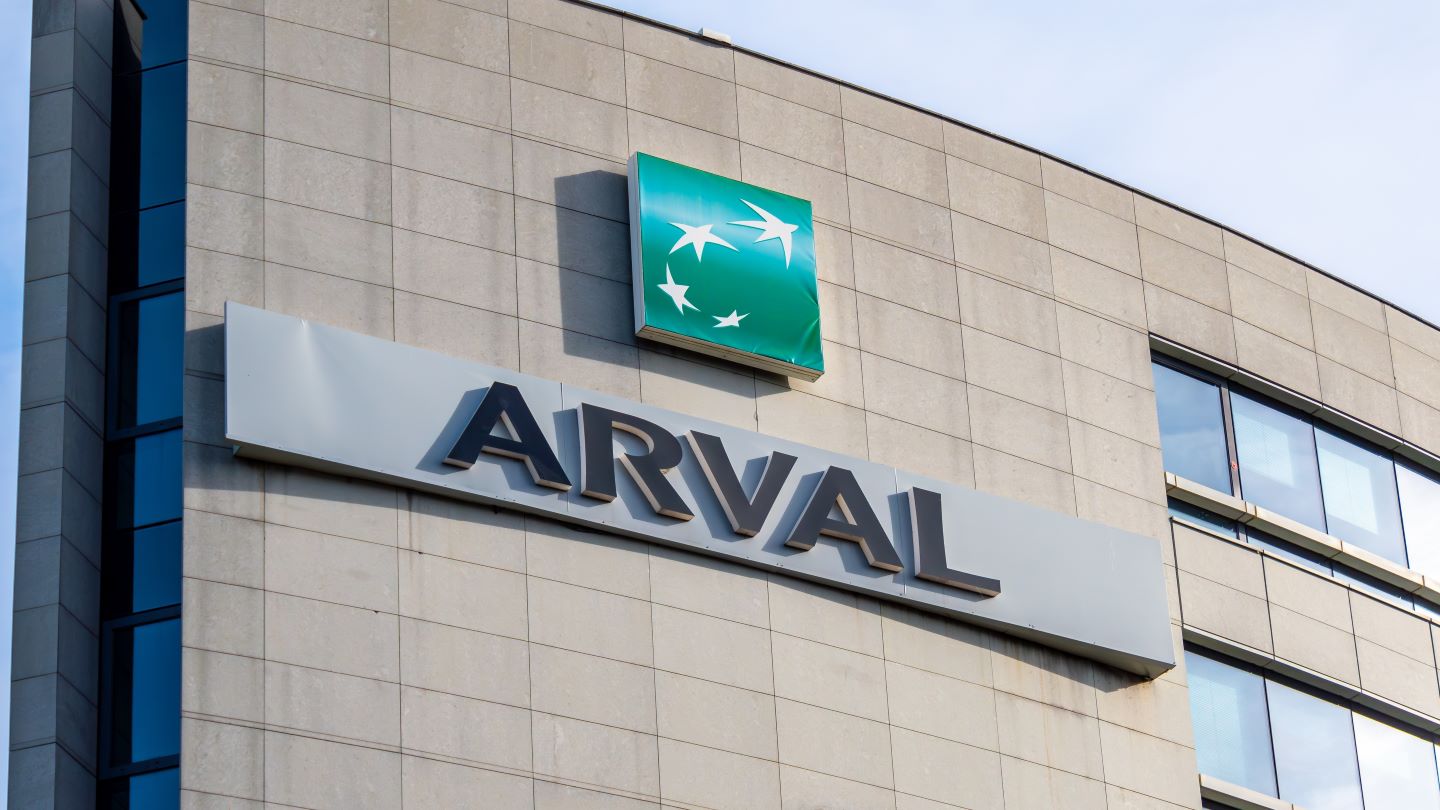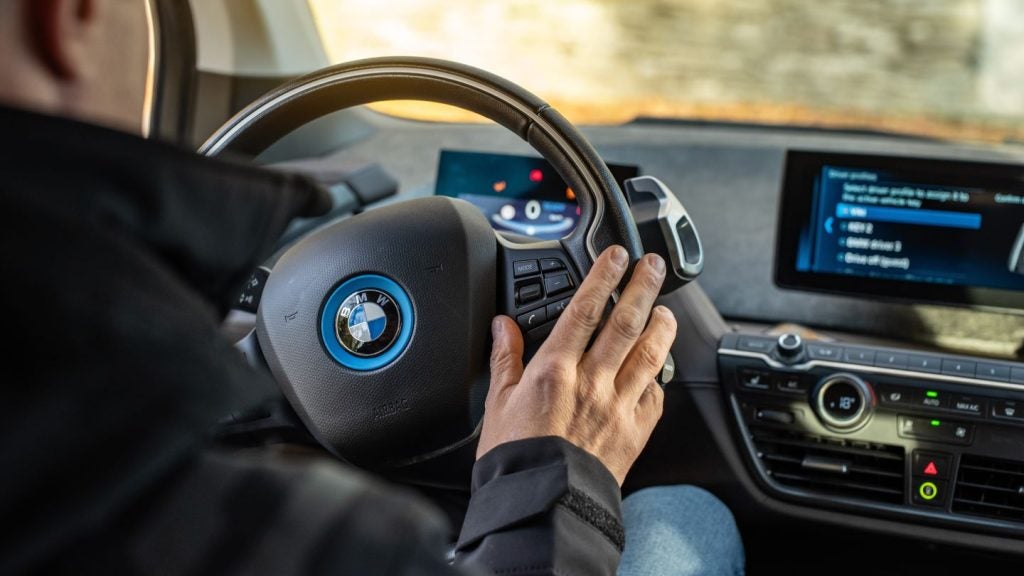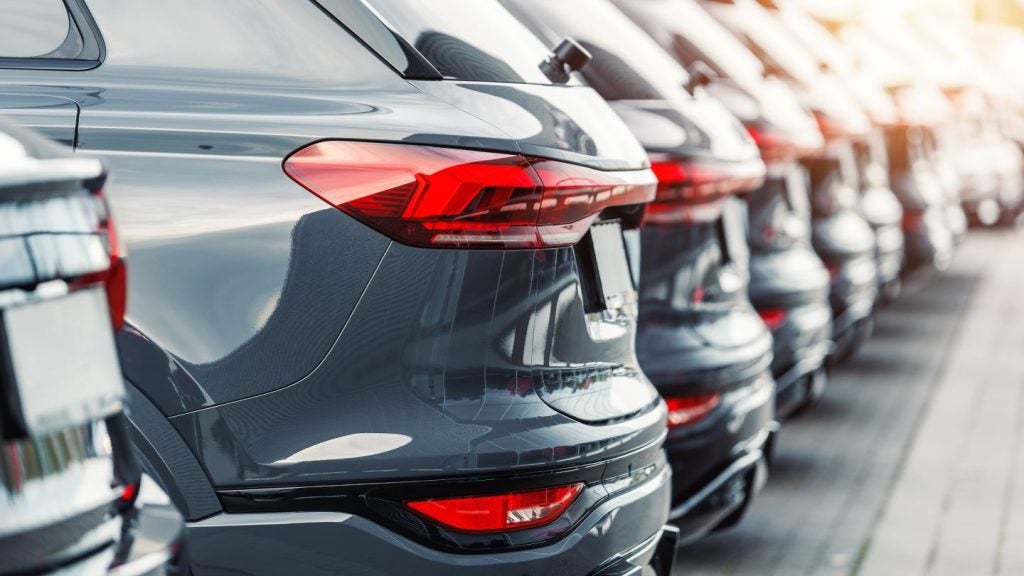
Arval, a provider of long-term vehicle leasing and mobility solutions, concluded 2024 with a 5.6% growth in its leased fleet.
The BNP Paribas-backed company’s global fleet reached 1,796,396 vehicles.
Arval’s number of electrified vehicles (EVs) increased by 31% to 573,086, with battery electric vehicles (BEVs) rising by 52% to 253,373.
The company secured multiple partnerships last year, enhancing its international presence.
The Element-Arval Global Alliance expanded its services to more than 4.5 million vehicles across 55 countries.
Arval said its corporate clients, including large corporates and retail segment customers, significantly contributed to the fleet’s growth.
The retail segment alone saw a 9% increase, reaching 554,000 vehicles.
Arval chairman and CEO Alain van Groenendael said: “In 2024, we confirmed the strength of our collective and partnership momentum by making major strategic advances.
“Together, thanks to the mobilisation of our employees, the support of BNP Paribas and the trust of our partners, we have been able to take new steps to better support our customers in their mobility and their energy transition.”
As part of the sustainable mobility initiative, the Arval Beyond plan focuses on accelerating the transition to electric mobility, providing extensive consulting services and access to over 700,000 charging points.
Launched last year, the Arval Energy initiative explores synergies between mobility and energy, including V2G and V2H technologies.
Arval also joined Smart Energy Europe and invested in the Shift4Good venture capital fund, reinforcing its commitment to decarbonising transport.
The strategic plan “Arval 26 & Beyond” is expected to guide future efforts in fleet electrification and low-carbon mobility solutions, positioning Arval to achieve its goals by 2026.
“These solid foundations enable us to approach 2025 with ambition and determination, ready to take on new challenges and continue to create sustainable value in a profoundly changing market,” Groenendael concluded.
Arval recently conducted an in-depth review of more than 8,300 battery health certificates for pre-owned EVs spanning 30 different brands.
The analysis covered sales across eight countries between March 2023 and November 2024.







